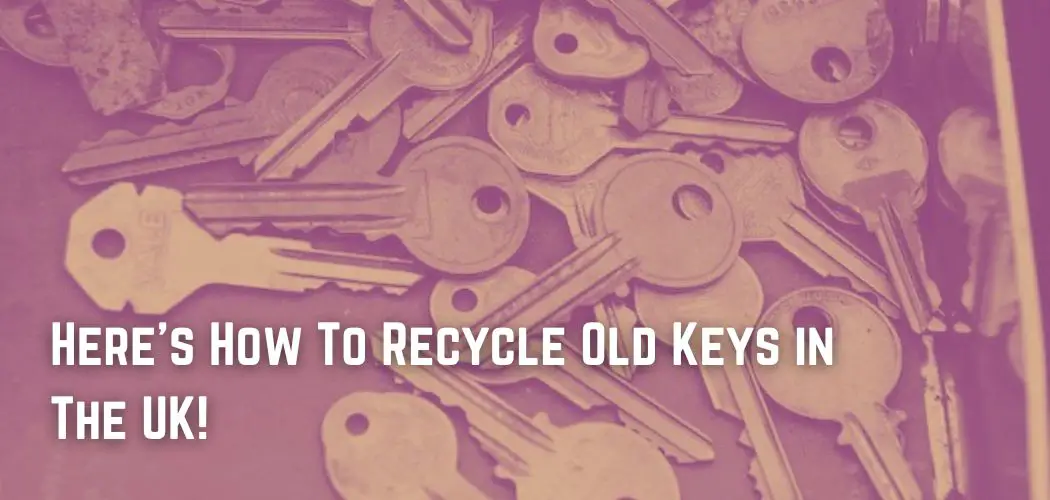Egypt is where the oldest wooden keys (and locking systems) were discovered. The most significant problem was that they were easily broken.
The Romans were the first to create metal keys, which proved to be a far more successful innovation.
The first keys were made of brass and iron. They looked like skeleton keys today, with a round body and a single small “tooth” that turned the lock.
Numerous residences and companies in the United Kingdom continue to employ skeleton keys.
Their primary disadvantage is that they are difficult and costly to duplicate. In the 1800s, father-and-son duo Linus Yale Sr. and Linus Yale Jr. designed the first flat keys.
They were advantageous in that they were simple to replicate, and they became very popular around the globe. Nickel, silver, brass, or aluminum may be used to create contemporary flat keys.
In the 1990s, car makers started putting a small chip or transponder inside car keys. The goal of these keys was to stop car theft by making it so that the car wouldn’t start if the wrong key was used.
Chip keys include little pieces of plastic and much more if they come with a remote that unlocks or opens the car’s doors automatically.
Because of their size, keys tend to accumulate. Surprisingly, keys are far more recyclable than other everyday essentials. Additionally, they can be utilized to assist those in need.
Do They Have Any Value?
The worth of your keys will depend on the type of keys you own. This implies that the less frequent your keys are, the greater their worth will be.
For example, if you are lucky enough to have really old antique keys, they are worth a lot of money. In addition to the utility of having sophisticated keys, there is also value in having keys that are sophisticated.
For instance, if you have a remote-controlled vehicle or door, the keys may be valuable. Additionally, if you own railroad key types or intricate, unique keys, you may get value from them. However, the question of how to obtain this value remains.
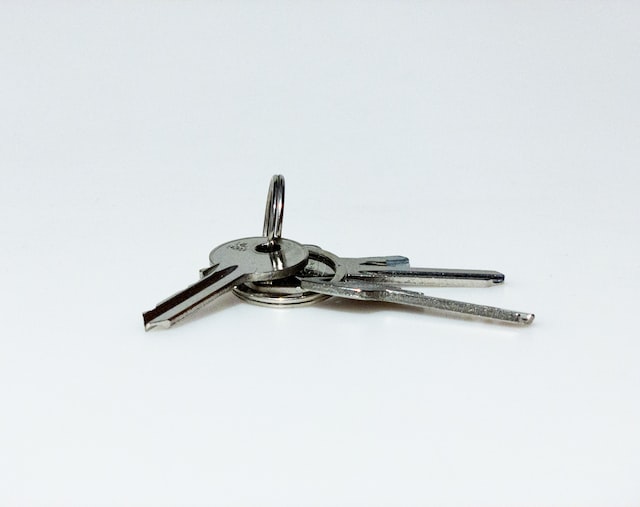
Due to the scarcity of these keys, you may be required to sell them to people in need. These purchasers frequently retain them as relics or rework them. They may even elect to distribute them as gifts.
No matter what the reason is, it is your job to find a good buyer and finish the sale. For this purpose, you may need to list the keys for sale on any of these internet marketplaces. Typically, these unique keys are sold through auctions.
Among these criteria is the length of time you have used or owned the item. Additionally, their weight and design are influencing considerations.
Their current circumstances also have a significant impact. If your keys pass all of these tests, you’re good to proceed.
Bring It To The Nearest Recycling Facility
Find out the contact information for the local recycling centers. Local governments provide recycling centers. Inquire with your local government for details. Some may also accept metals during weekly or biweekly curbside recycling pickups.
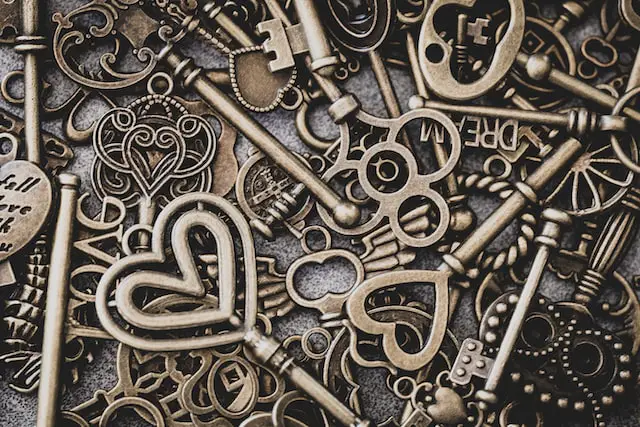
Call the recycling center to determine which locations accept mixed metals. The majority of local recycling centers accept metals. Call the recycling center to determine which locations accept mixed metals. Remove any and all personal belongings from your keys.
Bring your keys to the recycling center and locate the mixed metals bin. People separate metal objects because they can sell them to scrap dealers for money. Ask the staff at a recycling center for help if you can’t find the right skip or container.
Donate Them to Be Utilized For Good
There are a number of philanthropic organizations that receive old keys, recycle them, and use the earnings for charitable purposes. Key for Hope generates funds for hunger relief groups.
Keys are sent to their Massachusetts recycling center, but the money can be donated to any nonprofit in the United States. Key for Hope also accepts padlocks and other small metal things.
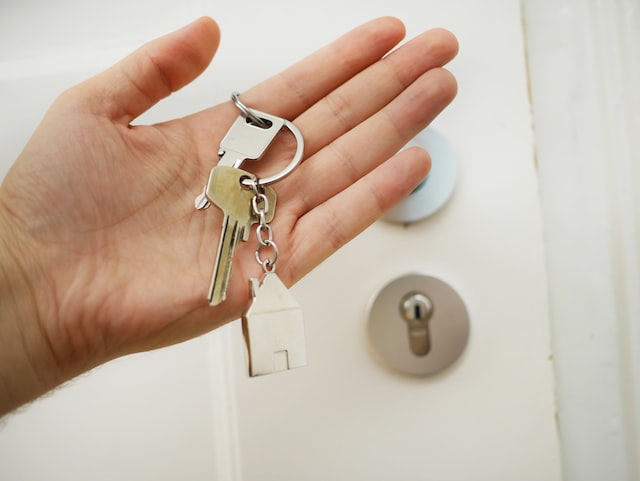
Keys for Kids offers many key-based fundraising campaigns. Students who recycle keys encourage young people to collect keys to earn money for scholarships for their fellow students, while Tickets for Kids purchases athletic event tickets for low-income families.
Key to Recycling, which recycles keys and generates jobs for people with disabilities, is open to Minnesota residents. Their website provides access to collection containers.
Can Old Keys Be Recycled?
With so many keys in circulation, one wonders where they ultimately wind up. Concerned about the environment, you inquire whether keys can be recycled. We will attempt to answer these queries in this post.
Yes, you may recycle your keys. Your keys are made of metal, which is something you must recognize. As a result, they are labeled as recyclables.
However, not all recycling locations offer metal recycling equipment. Before designating your keys as recyclable, you must confirm with the local recycling facility.
Aside from this, you must be careful about where you recycle your keys. You cannot just place them in the standard recycling bin. There is a recycling container for metals, and these are the acceptable locations.
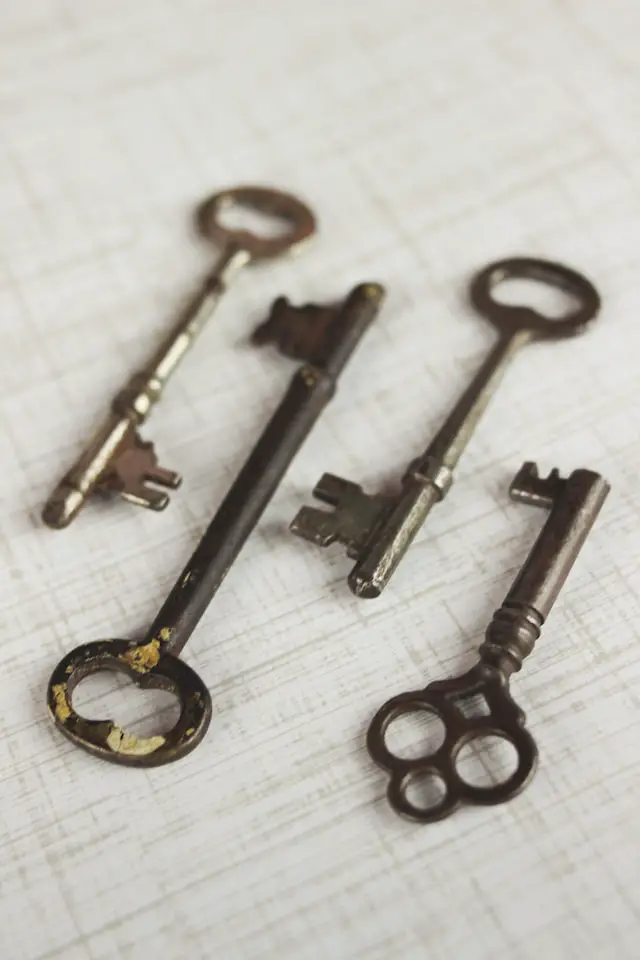
Not all keys can be recycled, though. For keys with rubber or plastic grips, recycling is challenging. The explanation is clear.
They are a combination of incompatible materials, including metals and plastics. Therefore, recyclers would have to spend more time sorting them.
If your keys have controllers, recycling presents an additional challenge. This issue is similar to those seen with plastic and rubber key fittings. This does not, however, imply that they are wholly worthless. There are more ways to utilize your keys.
Conclusion
If you’re artistic, a collection of old, lost keys could lead you… to your next medium. In all seriousness, a number of artists have found new and interesting ways to use old or beautiful keys.
Brass skeleton keys are undoubtedly the most aesthetically pleasing, but even a few keys with a more contemporary appearance can be welded, twisted, or heated in some way to produce charms, jewelry, or sculptures that have a lot of visual appeal.
To make the flying keys from Harry Potter and the Philosopher’s Stone, you could attach some feathers and old keys to the wall.
